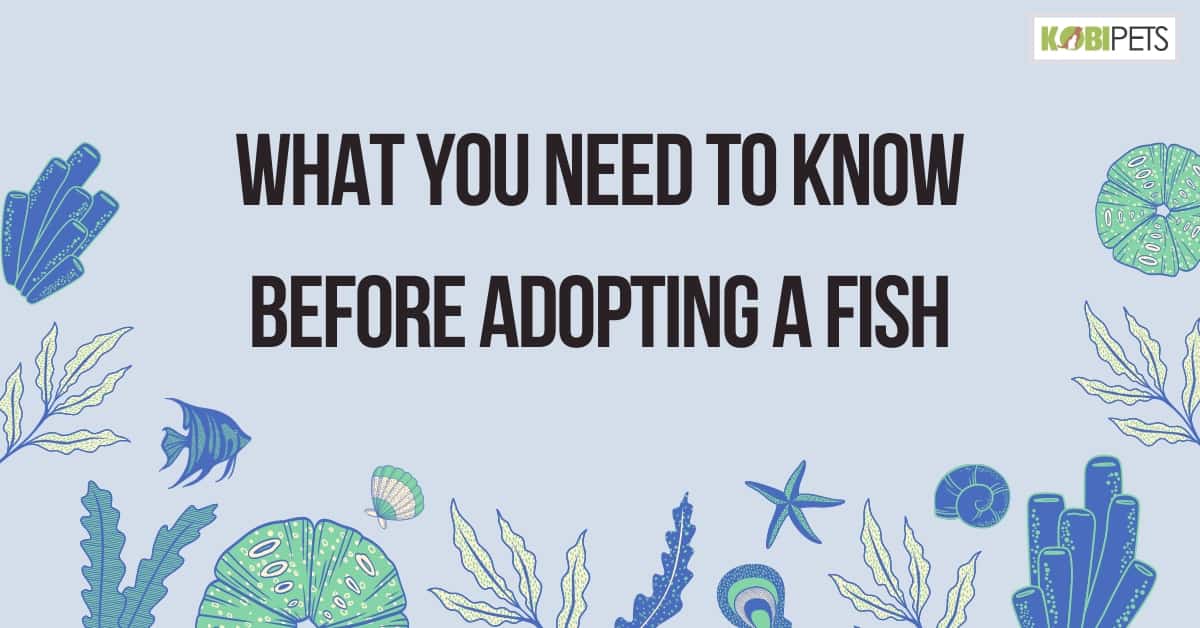
Adopting a pet fish can be a fun and rewarding experience, but before you take the plunge there are some important considerations to keep in mind. From different types of fish to tank setup and maintenance, learning what you need to know before adopting a fish is essential for successful pet ownership.
In this blog post, we’ll discuss the basics of fish care, tank setup, and maintenance, as well as tips for choosing the right fish for your home. Read on to learn more about pet-fish ownership and what you need to know before taking the plunge!
Types of Fish
Before adopting a fish, it’s important to research the available different types of fish. Some species may require special care or experience levels beyond what is typical for other varieties. It’s important to consider the size of your tank and the other fish that will be living in it as some types can become aggressive when living with too many close neighbors.
It’s important to consider water parameters such as pH, temperature, hardness, and oxygen level as these will affect the health of your new pet. Lastly, do not forget about maintenance such as changing the water regularly and cleaning excess debris off rocks and plants, which ensure the health and longevity of all inhabitants in the tank.
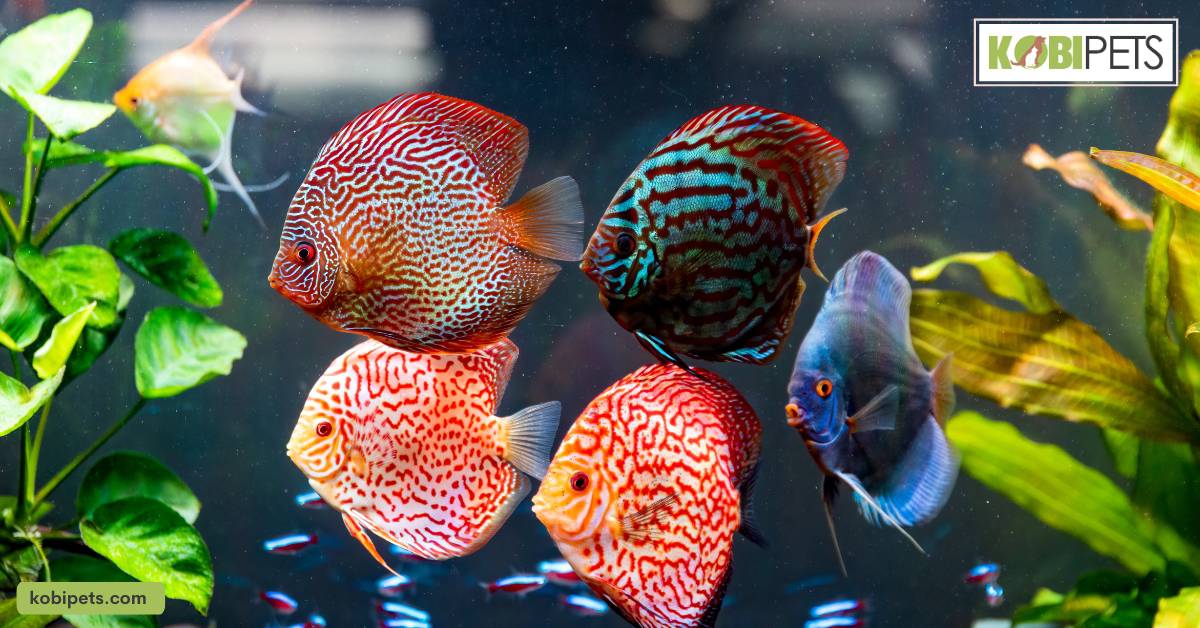
Consideration of Lifespan of the Fish
Before adopting a fish, you should consider the lifespan of the species. Some fish have short lifespans, while others can live for several years. Additionally, research what size tank and type of setup will be suitable for your pet as this will affect their overall health and well-being. Finally, remember that a fish is a long-term commitment, and plan accordingly to ensure that you can provide adequate care for your pet throughout its life.
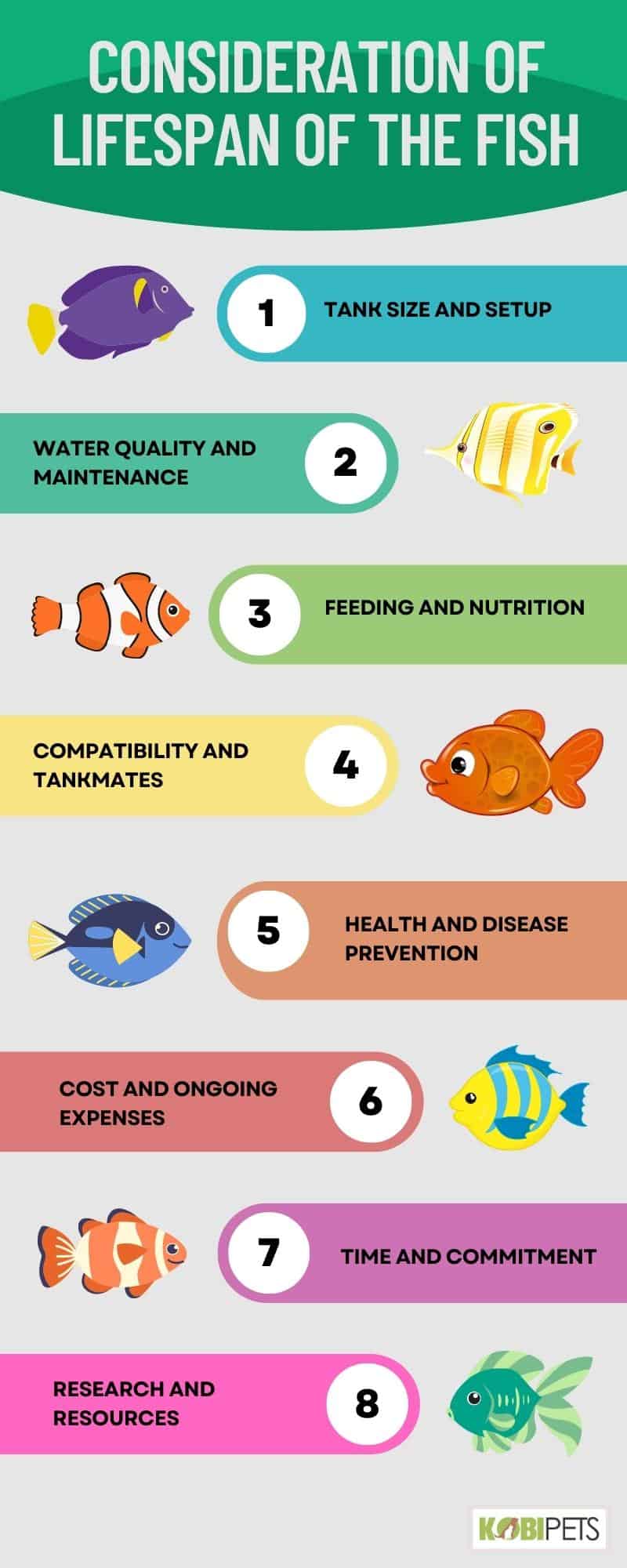
Consideration of Lifespan of the Fish
Tank Size and Setup
When adopting a fish, it’s important to consider the size of the tank and its setup. The tank needs to be large enough to accommodate the fish and any other inhabitants you plan on adding. It should also have a tight-fitting lid that prevents escape while allowing for adequate ventilation.
The tank should also be filled with rocks, plants, and decorations that are free of sharp edges or toxic materials. It’s important to consider filtration items such as a water filter, pump, and heater that help keep the tank clean and comfortable for the fish. Lastly, make sure there is plenty of light so the fish can see their environment properly.
Water Quality and Maintenance
Adequate water quality and maintenance are critical for the health of your fish. Make sure to use a test kit to ensure that the pH, temperature, hardness, and oxygen levels of the tank are suitable for the type of fish you plan on getting. It is also important to change the water regularly and clean any excess debris off rocks and plants.
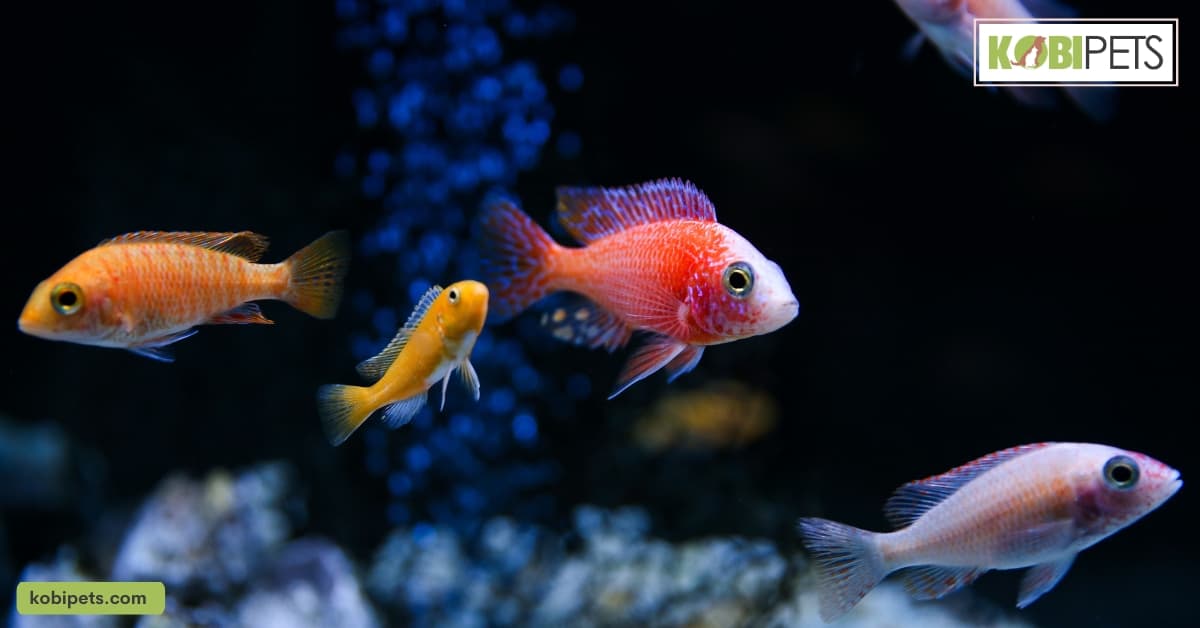
Feeding and Nutrition
Proper nutrition is an essential factor in a healthy fish. Be sure to research what food type is best suited for your particular species of fish as some may have different dietary needs. Before adopting a fish, it’s important to know the appropriate type and amount of food that your pet requires. Research which types of food are best suited for your species, as well as how often you should feed them.
Look into whether any supplements or vitamins are necessary to provide optimal nutrition. Lastly, be sure to keep a varied diet and avoid overfeeding in order to maintain the health and well-being of your fish.
Compatibility and Tankmates
When choosing tankmates for your new pet, be sure that they all get along with each other and will fit comfortably in your aquarium or tank size-wise. Some species can become aggressive when living with too many close neighbors so choose carefully!
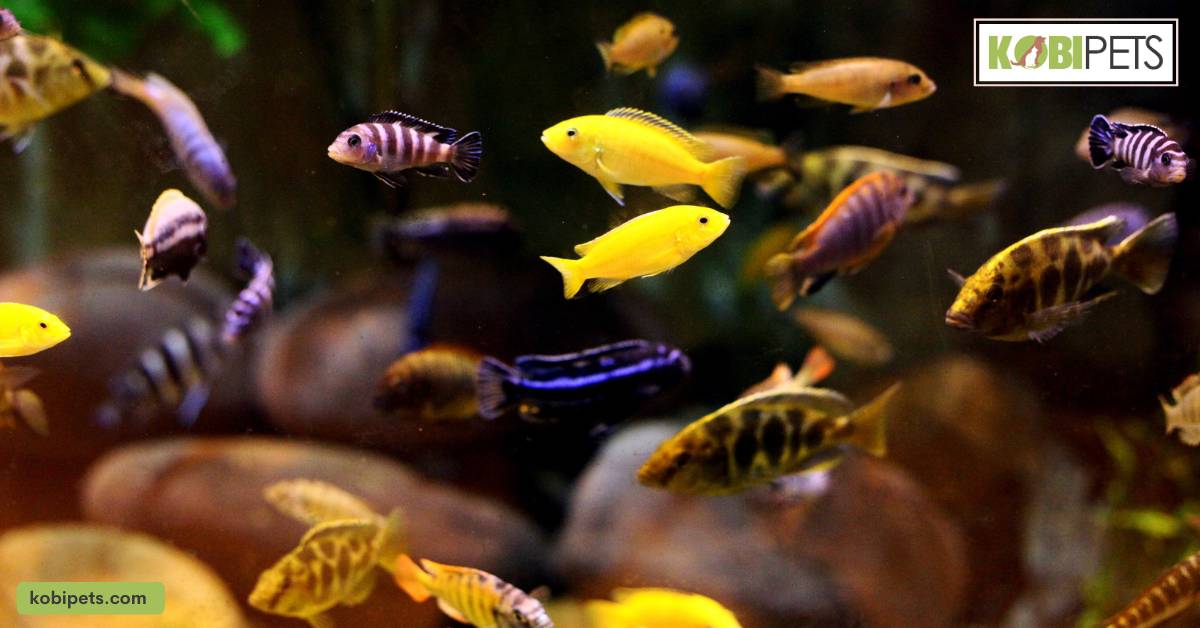
Health and Disease Prevention
Regularly check on your pet’s health by observing their behavior and physical appearance for any signs of disease or illness. It’s important to familiarize yourself with the common signs and symptoms of illness. Performing regular water quality checks and monitoring changes in your pet’s diet as well as physical appearance can help you detect any potential diseases early on.
Research which types of medications are suitable for your species and have them on hand if needed. Finally, keeping the tank clean and free of debris will help reduce the risk of introducing pathogens to your fish’s environment.
Cost and Ongoing Expenses
Adopting a fish comes with certain costs and ongoing expenses. Before making this commitment, it’s important to research the necessary supplies and gear such as tanks, gravel, decorations, filters, pumps, and food that are needed to provide your pet with a safe, healthy, and comfortable environment.
Be sure to factor in the cost of regular water tests and medications that may be needed if your fish falls ill. Lastly, consider any additional costs such as energy bills associated with running pumps or lights.
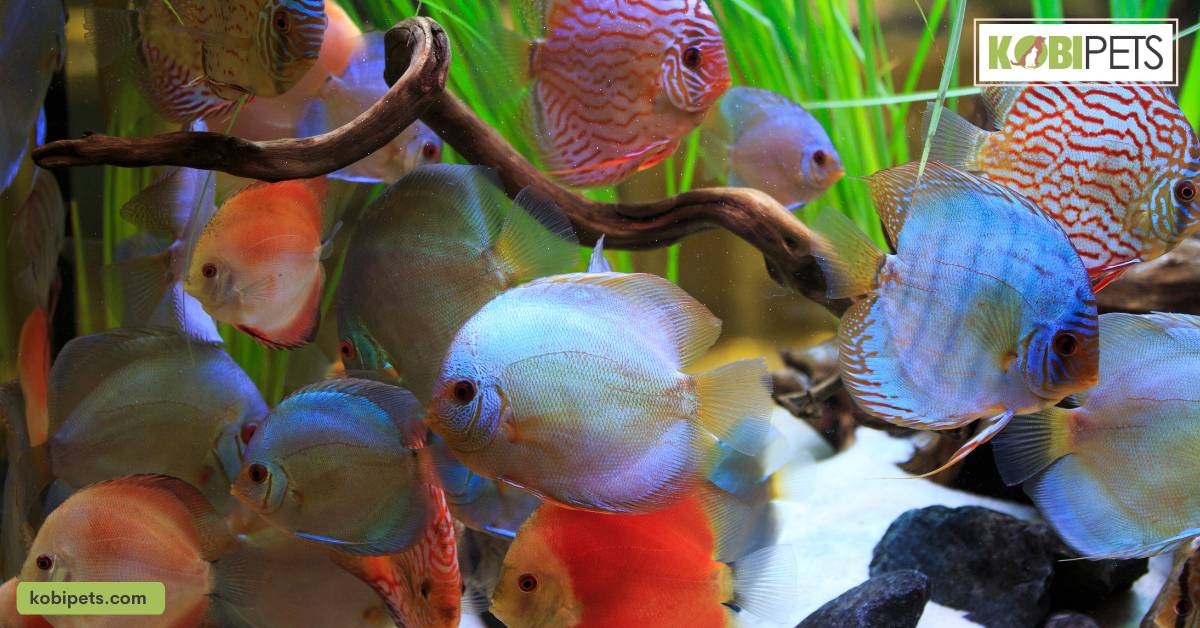
Time and Commitment
Owning a fish requires both time and commitment. Make sure that you have the necessary time to maintain a healthy aquarium or tank including cleaning, checking water levels and filters, and feeding your pet regularly.
Ensure that daily tasks such as making changes to the water don’t slip between the cracks as these can adversely affect your pet’s health. Lastly, most fish require socialization so plan on spending some additional time with them so they can feel loved and included in your life!
Research and Resources
Before adopting a fish, it’s important to do your research and find out what type of fish is best suited for your tank size, environment, and lifestyle. Utilize online resources such as tutorials, forums, and pet supply stores to find the right options.
Also, consider looking into local aquarium clubs which can provide you with valuable tips and advice from experienced hobbyists. Finally, consult an expert if you are feeling overwhelmed or have any questions about caring for your new pet.
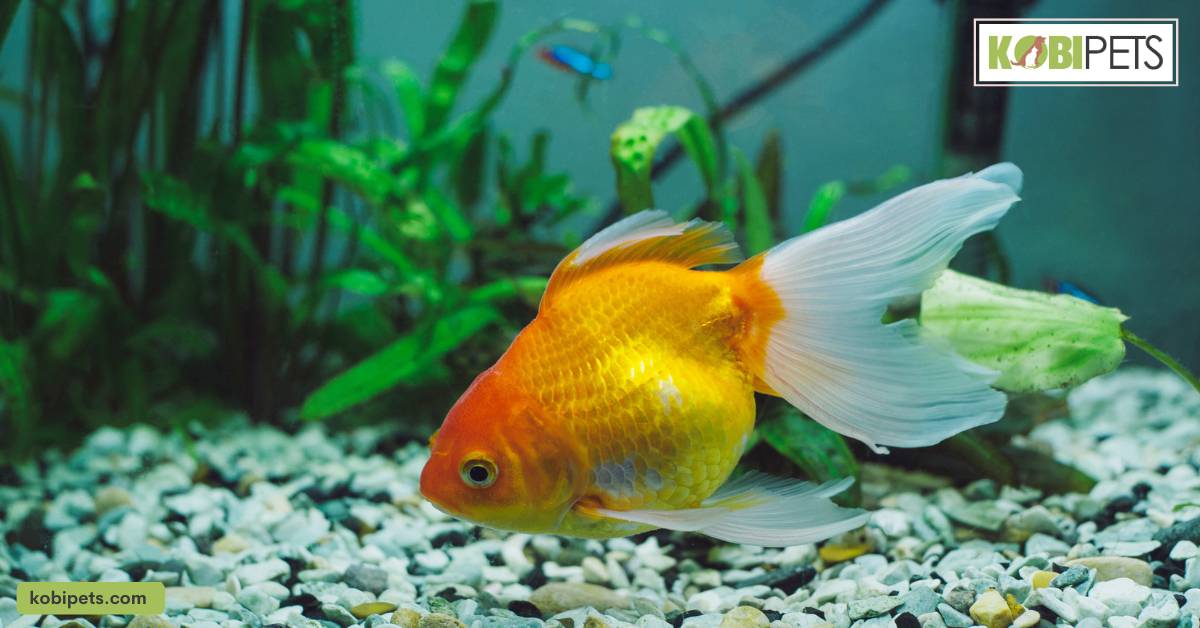
In conclusion
Adopting a pet fish is an exciting and rewarding experience, but it’s important to do your research beforehand. Consider the different types of fish and tank setup, maintenance needs, water quality issues, feeding, and nutrition requirements before taking the plunge. Make sure you have sufficient time and resources for caring for your new pet as well as researching and utilizing resources for help if needed.
Researching the needs of your particular type of fish is essential for ensuring their health and longevity, so be sure to utilize online resources, consult experts, and join local aquarium clubs for additional support. With some preparation and research, you can ensure that your new pet fish will have a long and happy life in your home.


